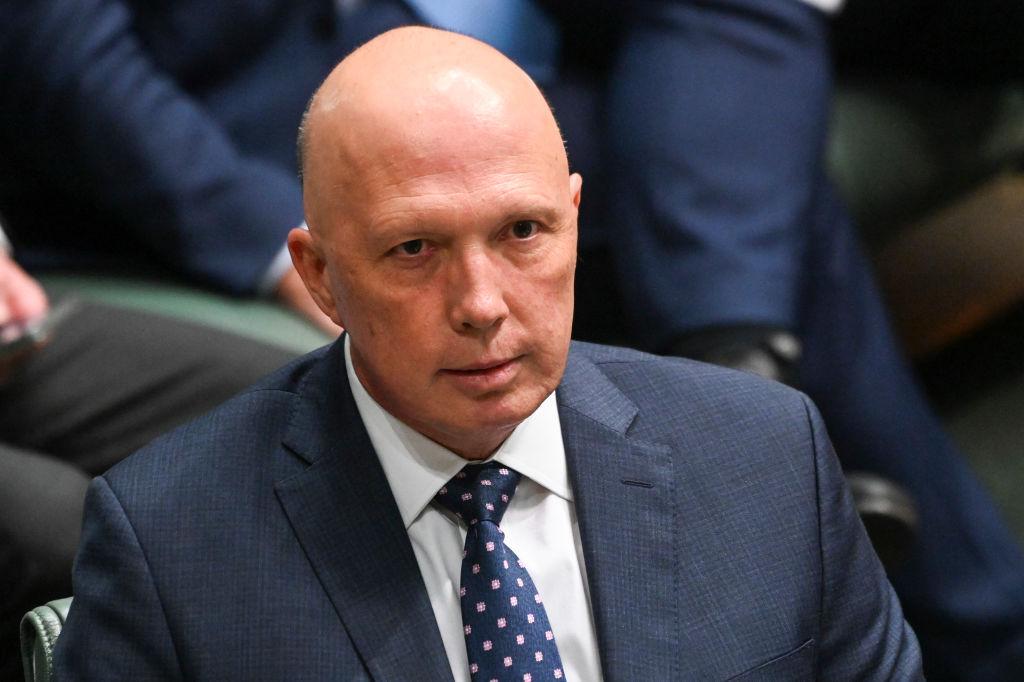Opposition leader Peter Dutton has delivered a stinging criticism of the Labor government’s economic policies and accused it of experimenting with socialism.
Dutton launched salvos at the government’s net-zero policy, near-compulsory multi-employer bargaining laws, and superannuation changes, as well as questioning its commitment to the Stage Three individual tax cuts.





